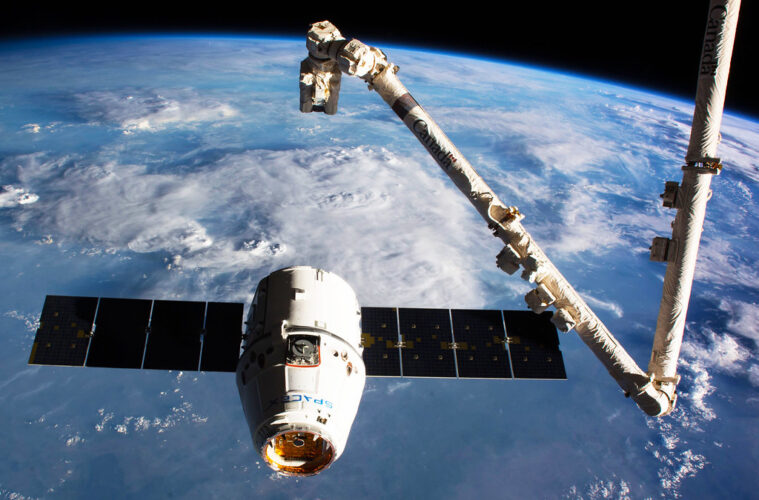Would you eat food if it came from space? You may have the chance to in the near future. A private space company called Redwire Corporation just announced plans for their launch of the “first-ever commercially owned greenhouse” in — you guessed it — outer space.
According to the plans Redwire released, the company says the greenhouse facility will be functional on the International Space Station by spring 2023. The startup was awarded a contract with the Center for the Advancement of Science in Space, which manages US lab operations on board the ISS.
The greenhouse is meant to test growing fruits and vegetables and other sustenance in a microgravity, or weightless, environment. This will help give scientists a better understanding of how to provide food to people as tours into space become more commonplace.
The announcement did not include any renderings of said greenhouse. However, the company states that it is building on “decades of flight heritage and innovation of world-class technologies,” according to its website. Time will prove how successful this project is.
Redwire manages the plant investigations for NASA’s Advanced Plant Habitat, a small, fully automated growth chamber on the ISS, since 2018.
“Redwire Greenhouse will expand opportunities for scientific discovery to improve crop production on Earth and enable critical research for crop production in space to benefit future long-duration human spaceflight,” said Dave Reed, Redwire’s greenhouse project manager, in a statement. “Growing full crops in space will be critical to future space exploration missions as plants provide food, oxygen, and water reclamation.”
During the greenhouse’s inaugural flight, Washington-based cannabis company Dewey Scientific will grow “industrial hemp” for a gene study.
Redwire is also collaborating with Tupperware Brands — yes, that Tupperware — to develop a nutrient delivery system.
The company is also hoping to help NASA on its Artemis missions to the Moon “and beyond,” according to Reed.
Advancements in space and agriculture aren’t just occurring in the US. Private space company Nanoracks recently signed a contract with investors in the United Arab Emirates to build orbital greenhouses with the intention of growing extremely-resilient crops in space.
Nanoracks CEO Jeffrey Manber told Space.com that his vision isn’t necessarily to feed people on Earth. Instead, it’s to breed new mutant varieties that can flourish in uncharacteristically harsh conditions back on Earth — a timely goal considering our current climate emergency.
“Through the DNA mutations that occur in space and subsequent selection and breeding, we have created varieties that have higher yields, better nutritional profiles and resistance to diseases, and also require less water or tolerate higher temperatures,” Liu Luxiang, a researcher at the Institute of Crop Science of the Chinese Academy of Agricultural Sciences who works on space-bred mutant crops, told Space.com.
We’ll see if space causes mutant varieties of plants and food to grow. Regardless, a lot of interesting science and discovery is bound to come from these endeavors.
“COVID and the climate change really opened our eyes to the fragility of food security in both the developing and the developed world,” Manber told Space.com. “We believe that there is a research pathway, where space could be one of the contributing solutions to how we can overcome climate change and the increasing hazards of the Earth climate.”


